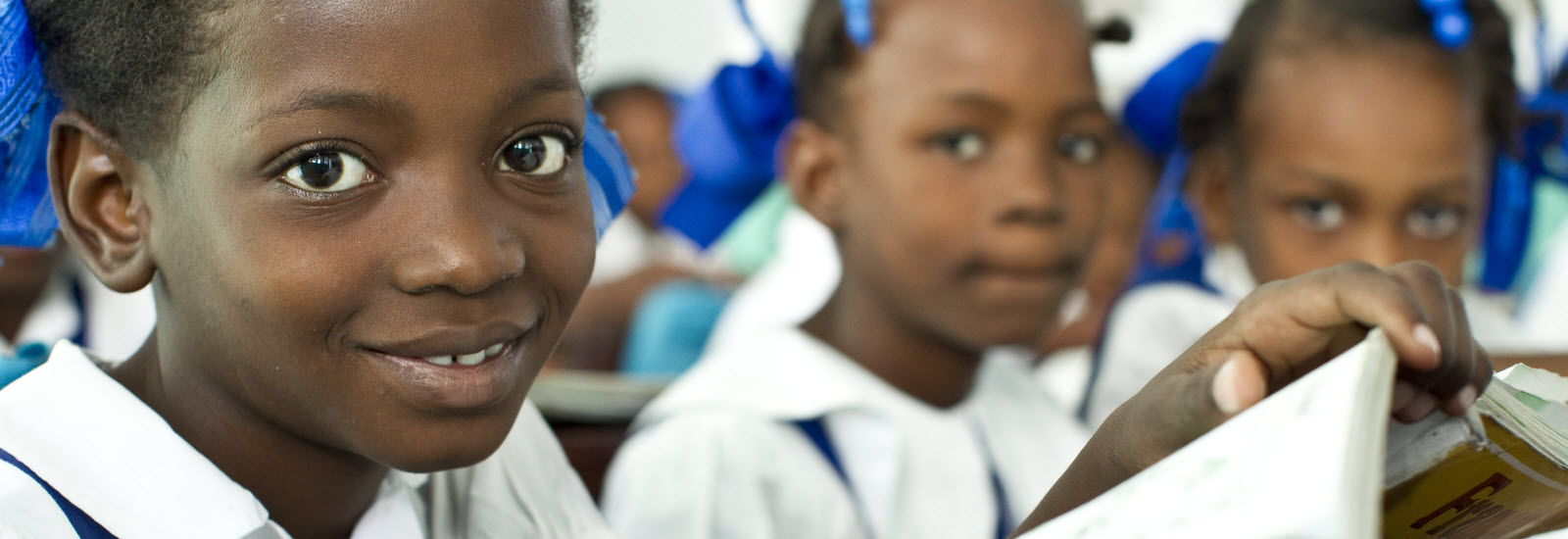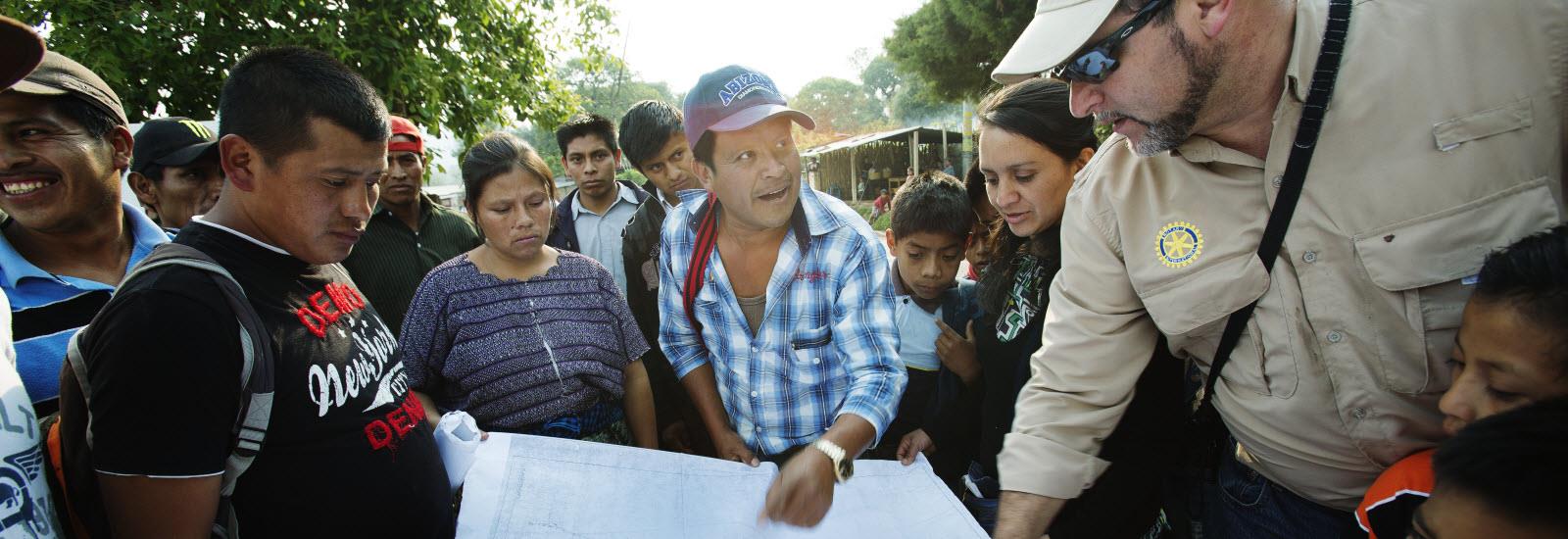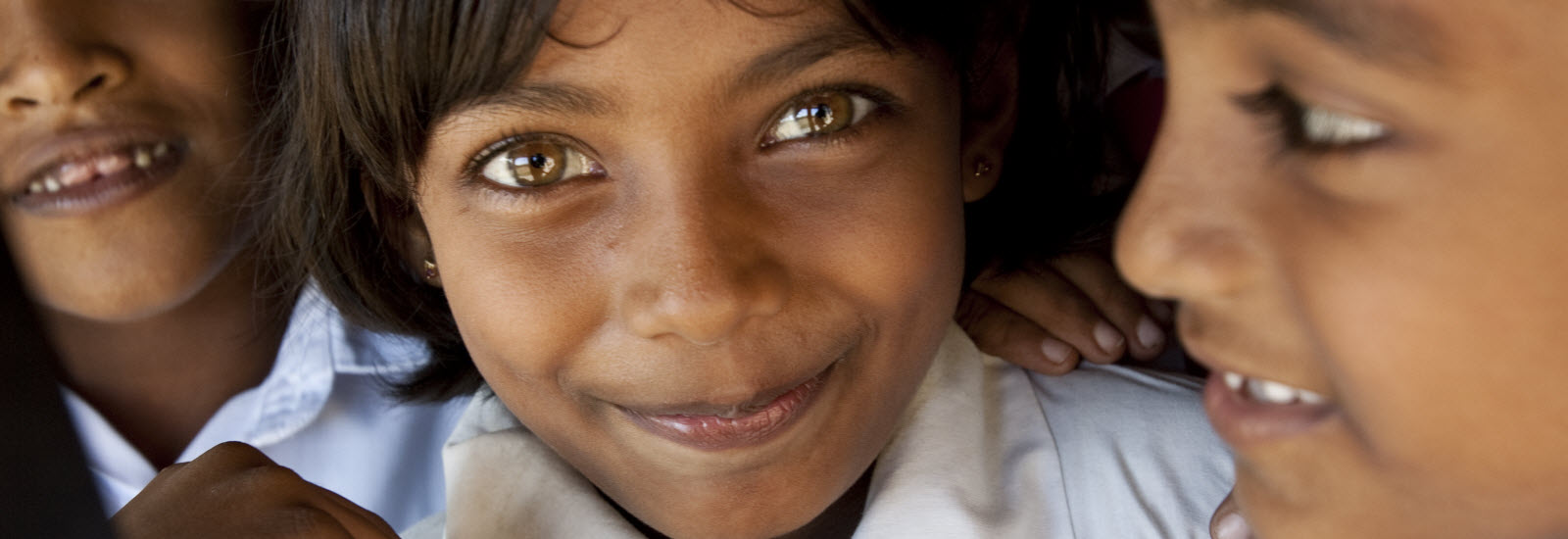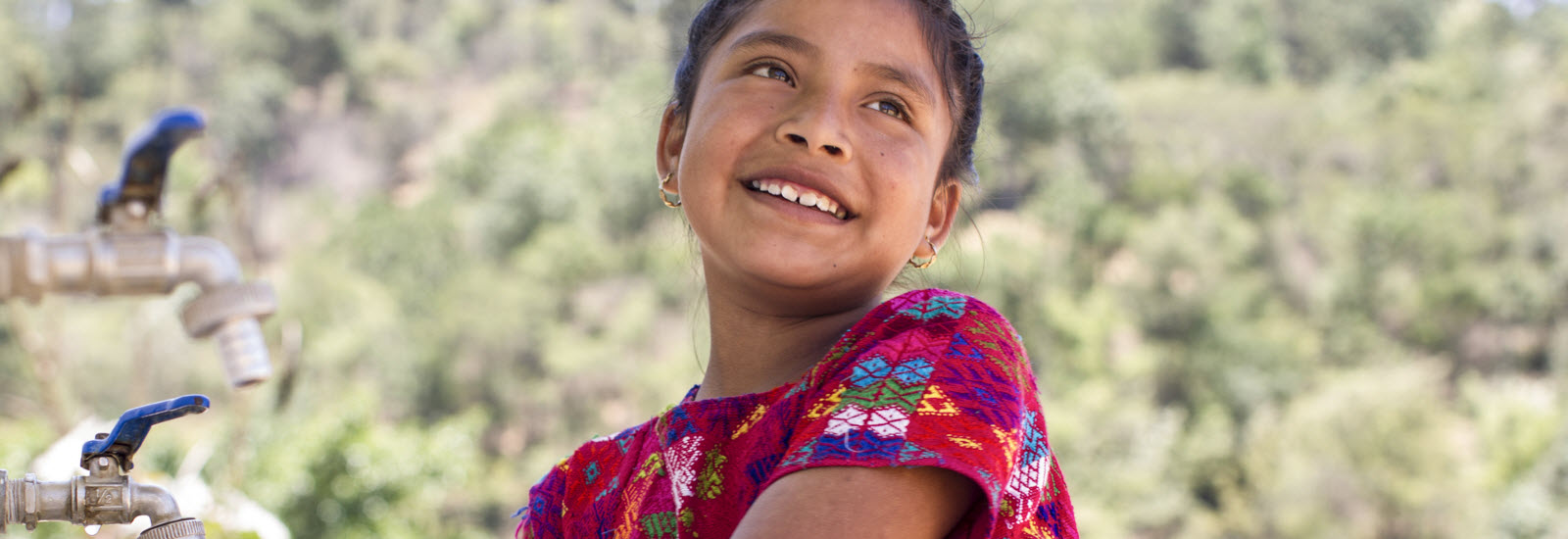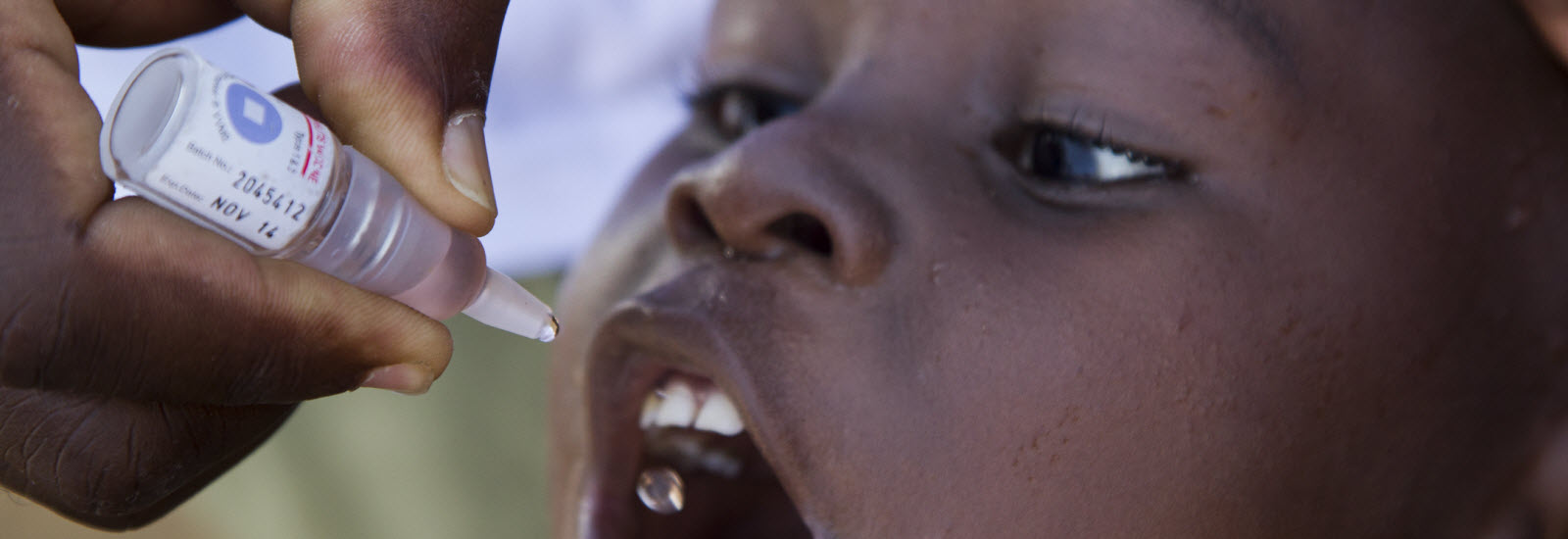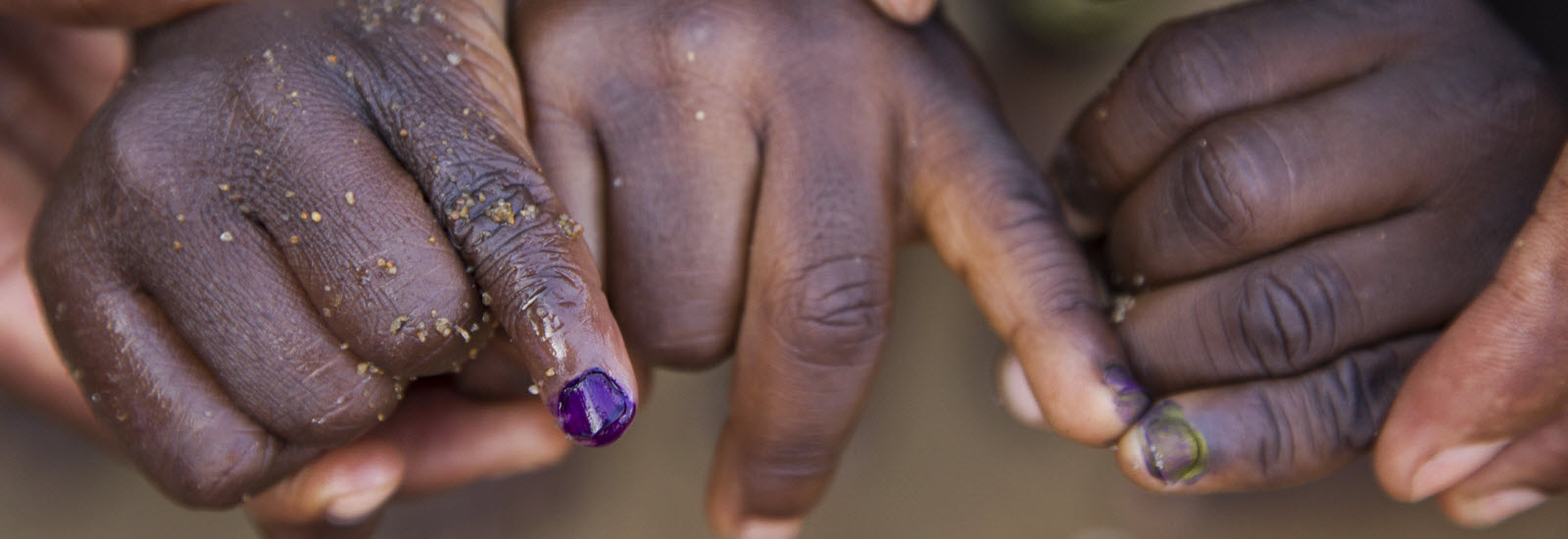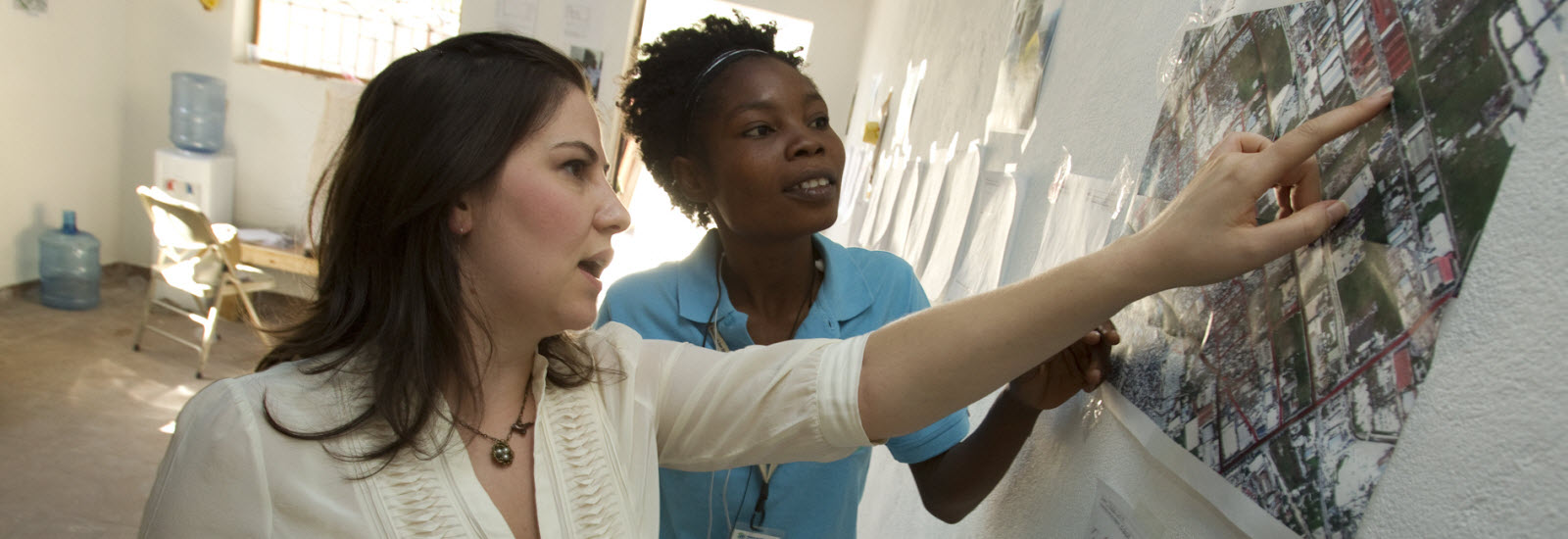
Rotary at a Glance
Rotary brings together a global network of volunteers who dedicate their time and talent to tackle the world’s most pressing humanitarian challenges. Rotary connects 1.2 million members from more than 200 countries and geographical areas. Their work impacts lives at both the local and international levels, from helping families in need in their own communities to working toward a polio-free world.
Rotary also offers expanded service opportunities including:
- Interact: a service organization organized and sponsored by Rotary clubs for young adults aged 12-18. There are more than 12,300 Interact clubs in 133 countries.
- Rotaract: groups organized by Rotary clubs to promote leadership, professional development, and service among young adults aged 18-30. There are more than 8,000 Rotaract clubs in 167 countries.
- Rotary Community Corps (RCCs): groups of non-Rotary members who work to improve their communities. There are more than 7,500 RCCs in 80 countries, all organized and sponsored by Rotary clubs.
Membership Snapshot
Who: Rotary brings together the kind of people who step forward to take on important issues for local communities worldwide. Rotary members hail from a range of professional backgrounds; doctors, artists, small business owners and executives all call themselves Rotarians. Rotary connects these unique perspectives, and helps leverage its members’ expertise to improve lives everywhere.
Where: From Haiti and Greenland to Nigeria and Singapore, Rotary unites a truly diverse set of leaders from across the world. Currently, the largest number of clubs comes from the United States, India, Japan and Brazil. The fastest growing Rotary regions include Southeast Asia and Africa.
What: Rotarians contribute their time, energy and passion to sustainable, long-term projects in local communities across the globe. Projects focus on important issues like peace and conflict resolution, disease prevention and treatment, water and sanitation, maternal and child health, basic education and literacy and economic and community development.

Polio Eradication Rotary is close to eliminating the second human disease in history after smallpox, with a 99.9 percent reduction in polio cases worldwide since 1985, when Rotary launched its PolioPlus program. In 1988, Rotary spearheaded the creation of the Global Polio Eradication Initiative with the World Health Organization, UNICEF and the U.S. Centers for Disease Control and Prevention. Polio eradication remains Rotary’s top priority. To date, Rotary has contributed more than US$1.7 billion and countless volunteer hours to help immunize more than two billion children against polio in 122 countries. Rotary will raise $50 million per year over the next three years, with every dollar to be matched with two additional dollars from the Bill & Melinda Gates Foundation.
